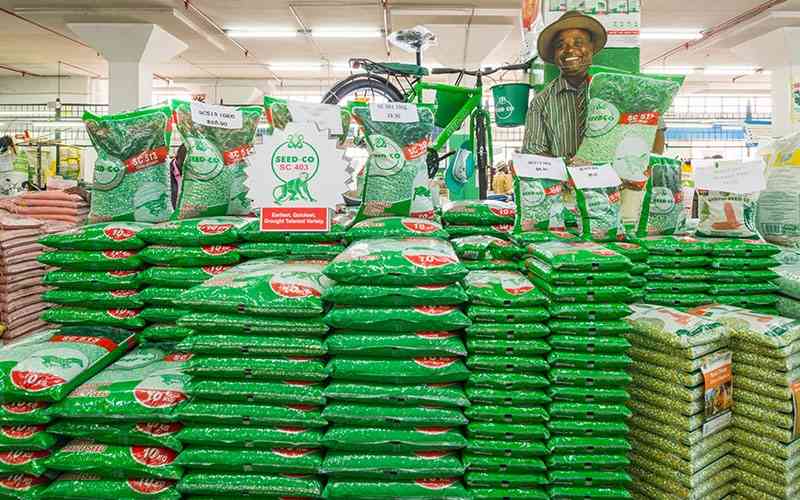
SEED producers have urged government to put in place measures to curb the sale of fake seed to farmers.
Findings of a recent study carried out by The African Seed Access Index (Tasai) in partnership with the Zimbabwe Seed Association have revealed that there is a general increase in counterfeit seed on the market since 2014. The study found that only 49% of seed was satisfactory in 2021 compared to 65% in 2014.
According to the researchers, distribution of fake seed affects both the quality and quantity of the yield, which frustrates efforts to maximise production at a time when the country is battling climate change effects.
In 2021, seed companies recorded 45 cases of counterfeit seed, an increase from the number of cases reported in 2014 and 2016, where government reported 10 cases in each of the years.
“Counterfeit seed threatens the seed sector in two important ways: First, it reduces farmers’ confidence in certified seed when farmers unknowingly plant inferior quality grain falsely labelled as certified seed,” the report read.
“Secondly, it threatens the success of efforts to increase the adoption of improved varieties because farmers are not sure which seed is genuine. Tasai tracks the number of cases of counterfeit seeds reported by seed companies and the government in the data collection year. In addition, seed companies report their level of satisfaction with government efforts to eliminate counterfeit seed.”
The report also noted that sources of counterfeit seed include traders in the informal sector, former seed company employees and unscrupulous agro-dealers.
This has forced seed producer SeedCo to partner police in a campaign to warn farmers against seed scammers.
- 'We've enough maize seed for 202223 season'
- Agric extension workers incapacitated, overstretched
- Seed scammers on the prowl
- Zim fights climate change with new seed varieties
Keep Reading
“When the Seed Services Institute receives reports of counterfeit seed, it investigates and works with police to prosecute offenders based on the legal provisions in the Seed Act,” the report said.
- Follow Miriam on Twitter @FloMangwaya











